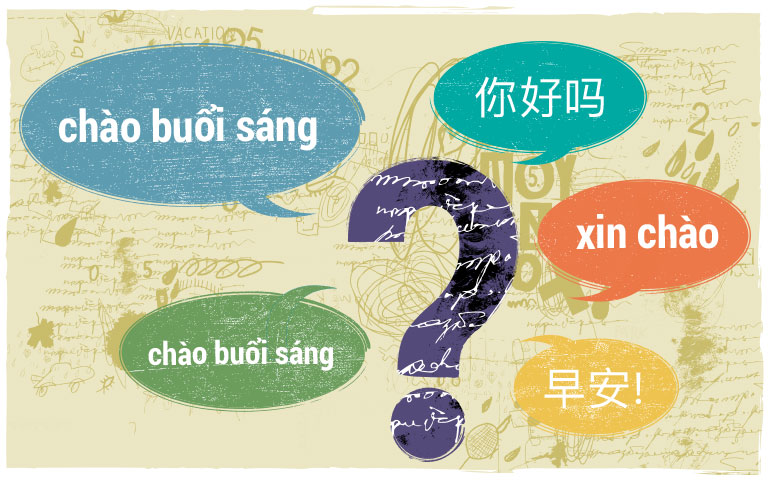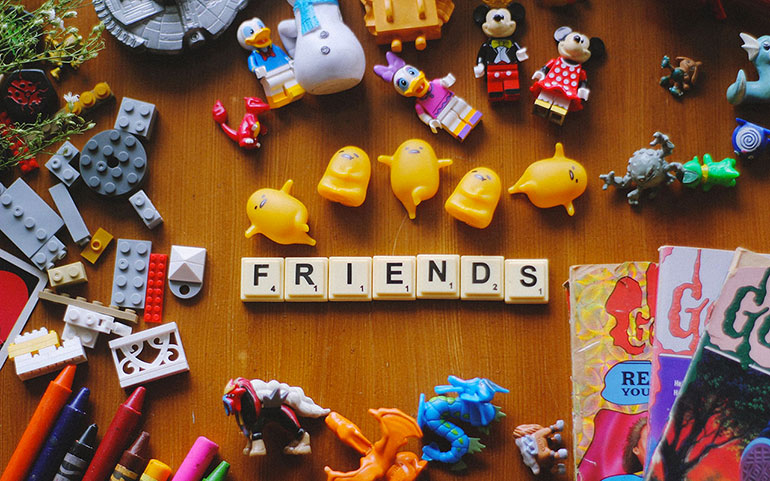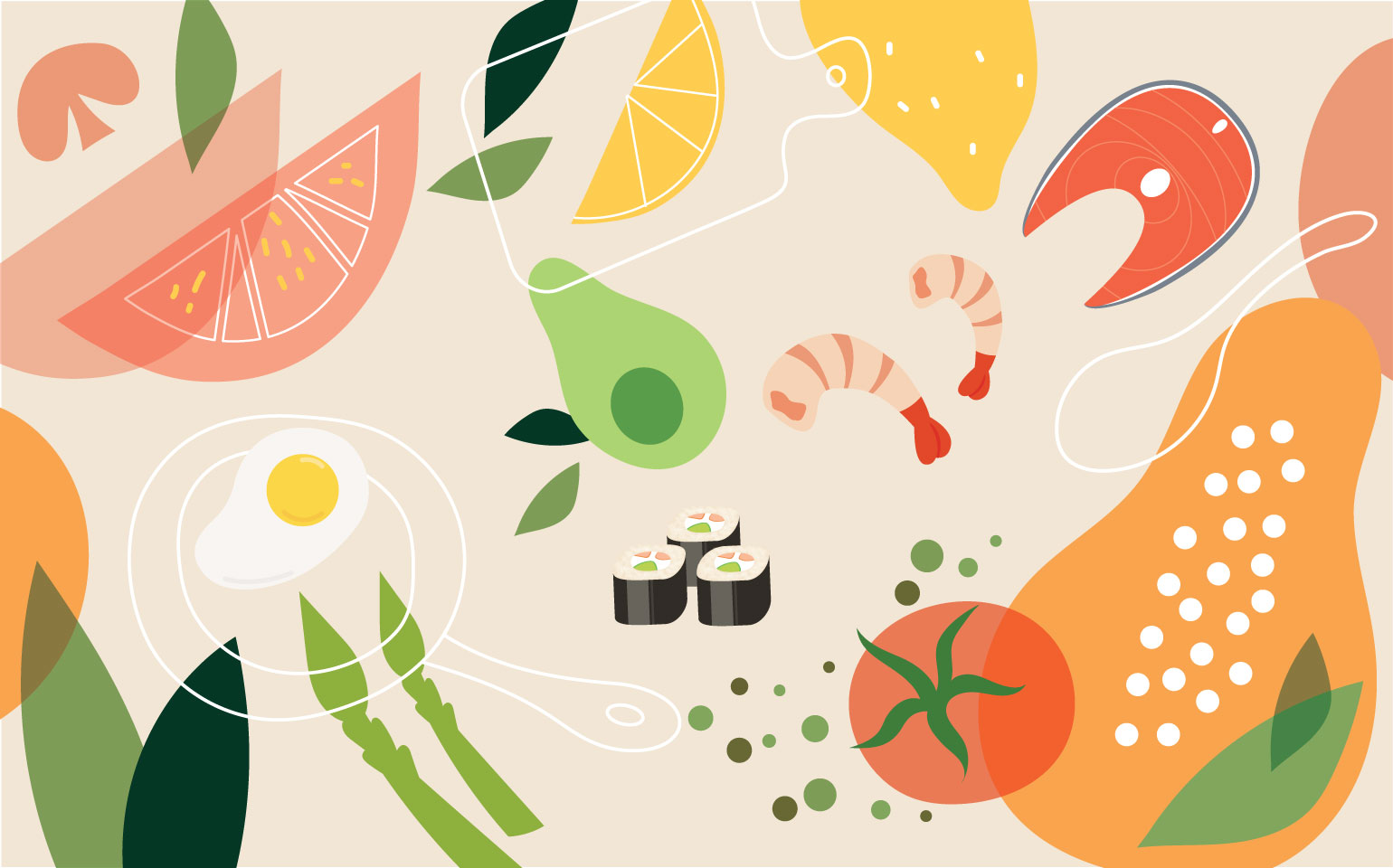
My Last Name is Nguyen
When encountered by my teachers and peers, I am often asked the same question when they realize what my last name is, “are you Vietnamese?” The answer is “yes,” or at least partially. It is never meant to be an insult or anything of that sort, but I am often thrown into a spiral of thoughts and resentment towards myself and my parents. Perhaps it has always been because I’ve never felt like I deserved to say I had a bit of a Vietnamese background despite being Canadian born Vietnamese-Chinese.
My mom, although born fully Chinese, lived in Vietnam for the first couple years of her life. She can speak fluently, read, and write the language. As for my dad, he was born with both Chinese and Vietnamese roots.
Growing up, I spoke Cantonese Chinese with my grandmother and both my parents. The number of words and phrases I knew in Vietnamese could be counted on both hands; being able to count from one to ten was not very impressive. My mom tried to preserve the culture as much as she could, specifically through the food. She made Phở, Bun rieu, Gỏi cuốn, and Bánh xèo on the weekends and my dad often bought Bánh mì from authentic shops downtown.
A small part of me always wished that I could speak the language and that if I could, perhaps a part of that culture could be regained. Although it had always been somewhat of an inner conflict, I did not truly feel out of place until last summer.
When my parents decided it was finally time to for my sister and I to meet our grandparents, we took a trip across the world to Vietnam. After watching countless Vietnam travel vlogs and guides, I could not wait to finally experience the culture myself; the streets lined with both food and small businesses, huge temples, people on motorcycles, and the blazing heat (which I now know would have been considered a disadvantage of the trip). It was when I arrived on the busy streets of Ho Chi Minh City when things began to settle in; communication was going to be a problem. Google Translate could only go so far and English was not an option. “Can she speak Vietnamese? Does she understand it?” people would ask. “No, not really,” my mom or dad would respond awkwardly. Any person that could speak Cantonese made the situation less stressful, and thankfully, I had relatives that I could speak to.
Unfortunately, a conversation with my grandmother, who spoke mainly Vietnamese, was limited to phrases like“good morning,” “thank you,” and “the food is good.” Everything else was left to my mom and dad’s translations; I couldn’t help but feel embarrassed.
During this trip, we also went on a tour to Đắk Lắk, Vietnam. The tour guide, as predicted, only spoke in Vietnamese. It was easily five days in a bus listening to gibberish about what were apparently historic facts about temples, mountains, and waterfalls. To me, it only furthered the distinction between all the people on the bus and me. I was stuck in between nodding and gestures before they understood that I couldn’t carry out a conversation with them. Why did that bother me so much? I blamed myself for not learning and my parents who never bothered to teach it, but there was something I hadn’t fully thought about until I had a conversation on our way back to Ho Chi Minh City.
One of the women on the bus sitting beside me suddenly asked me, “you don’t speak Vietnamese, right?” “No,” I respond, taken aback. “It’s okay, don’t be ashamed. English is just as good,” she smiled, “and you can always learn Vietnamese if you want”.
This experience has taught me that I have nothing to prove, not to my friends, my relatives, adults, or even my friends. The only person I needed to prove anything to was myself. It’s never too late to learn Vietnamese if I wish to. And who knows, maybe I’ll learn how to count beyond the number ten.



